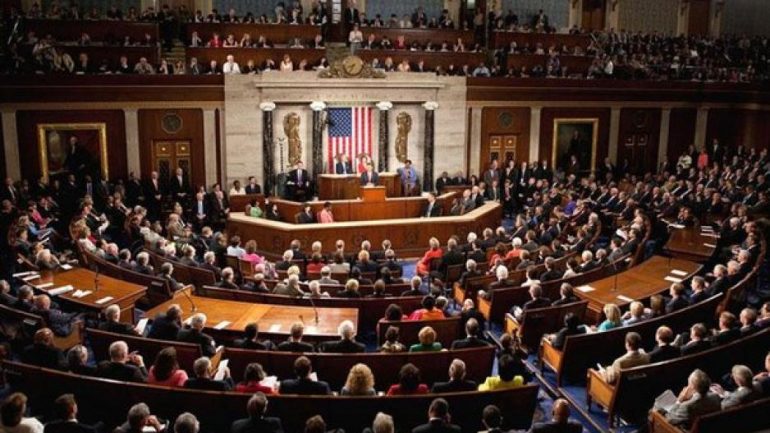The Republican majority in the Senate will today try to overcome the latest disagreements and adopt without further delay the large tax cuts promised by President Donald Trump.
While there was optimism on Thursday, a last-minute hiatus forced Republican leaders to postpone the debate and vote on the key amendments until Friday for the full text to be approved by the US House of Representatives.
"We are working tirelessly to get the 50 votes," Texas Sen. Ted Cruz told Fox News.
Republicans hold 52 of the 100 seats in the House and therefore have no choice but to run for office. It is a given that all Democrats oppose the GOP tax bill.
The root of the problem that did not allow Republicans to move forward on Thursday was the technical form that the mechanism, which some conservatives are demanding, will take to limit government deficits over the next decade.
Republicans are hoping to reach a compromise later in the day that would mean a major political victory for Trump.
The House of Representatives had already approved a version of the tax reform text on November 16th.
If, as expected, the Senate approves its own, the two bodies will have to harmonize the provisions of the bill and vote again.
The aim is for the bill to be finally approved by the end of the year.
The Republican majority generally has common ground on the content and architecture of tax reform.
wants a big tax cut for businesses and individuals, as well as a big simplification of the tax code that will allow Americans to complete their tax return as if it were a "postcard", when today millions of American taxpayers are practically forced to outsource it to paid accountants.
Declared goals of the reform: to alleviate the middle class from tax pressure, but also to stimulate growth.
On Thursday morning, amid a climate of general optimism, John McCain, one of three senators who did not allow the repeal of Barack Obama's Social Security Act this summer, said he would vote yes, while many senators Republicans promised that their vote would be positive, heralding a favorable outcome for the White House.
But some conservatives, led by Bob Corker and Jeff Flake, are worried that their party is moving away from fiscal orthodoxy, something that has been widely criticized by Barack Obama while he was still in the White House.
According to a new estimate by the Joint Committee on Taxation, tax reform will increase the deficit by $ 1 trillion within a decade.
The experts of this Commission estimate that the reduction of taxes will cost 1,4 trillion. dollars in the public sector between 2018 and 2027, which will be covered only partially, by about $ 400 billion in new tax revenues from stimulating GDP growth, by 0,8% on average over the decade she.
Several other Republicans are arguing over one article or another: the corporate tax rate, tax breaks for families with children, or compulsory health insurance, one of the foundations of Obamacare.
Other reasons for the controversy: whether the tax rate that companies will eventually be required to pay will be 21% or 22%, instead of the 20% announced by Trump (from 35% today), or whether it will be included in the bill a measure that will open up protected areas in Alaska to exploration for oil fields.
Democrats, who are united in rejecting the bill, say the reform will benefit almost exclusively businesses and the wealthy.
An analysis by the Tax Policy Center shows that purchasing power will increase for all, but 5% of wealthier households will benefit most from the reform.
Instead of "really helping the middle class, Donald Trump and the Republican Party decided to cheat on her," said Democratic Sen. Macy Girona, who represents Hawaii.
